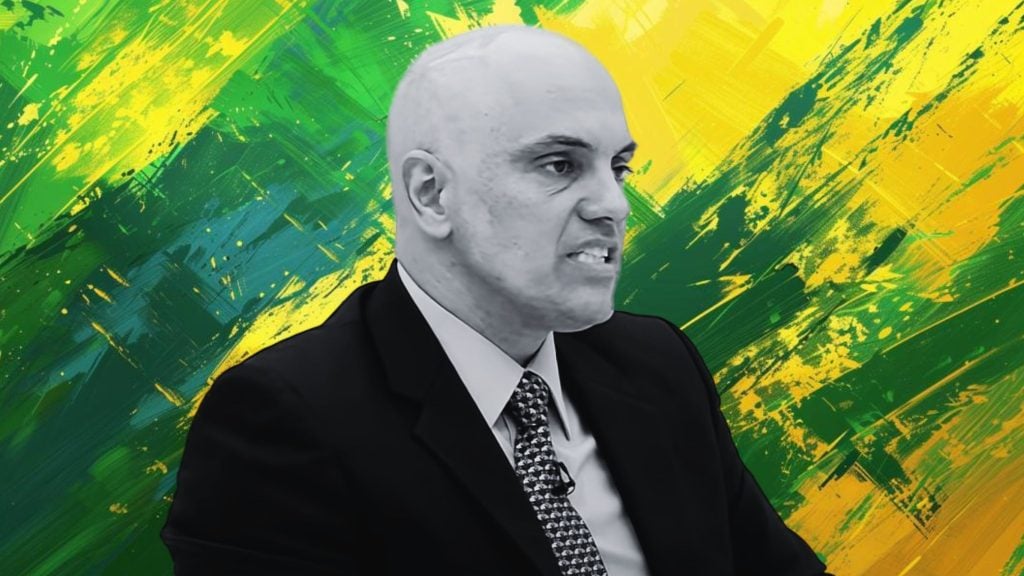Unsurprisingly, cord-cutting is not a trend popular among the members of the powerful cable industry. In fact, it’s so unpopular that industry giants until recently refused to even acknowledge it – but that’s getting harder now that more people than ever are deciding to cancel cable subscriptions and get their TV either by cheaper streaming, or delivered over-the-air (OTA) or over-the-top (OTT).
The proof of a trend that’s picking up is in earnings reports: Comcast said it lost 3.2 percent, or 732,000 TV subscribers in 2019 – twice as many as in 2018, when the figure was 1.6 percent.
In its earnings call for the last quarter of 2019, Comcast also told investors that more and more people are expected to join the ranks of cord-cutters, and that the trend will only accelerate. Some predict that the cable company might be looking at losing a million subscribers – or 5 percent – this year alone.
Click here to display content from Twitter.
Learn more in Twitter’s privacy policy.
What cord-cutters really want to do is cut expenses, considering the high prices of cable TV and broadband subscriptions in the US. And while admitting that the loss of customers is now a real problem, Comcast seems to be coming up with a strange way of tackling the issue: by announcing another price hike for 2020.
However, the company’s executives said in the past that “segmenting the marketplace” works in their favor, because a customer canceling cable because of price, but continuing to use Comcast’s broadband service, brings in more money – since broadband fees are then higher. And cord-cutters typically depend on streaming as a new way to get their TV content – while the giant has price increases and usage caps at its disposal.
This article explains why Comcast is able to structure its business and pricing in this manner by calling it “a growing monopoly” that controls both the broadband market, but also has massive influence over regulators and lawmakers. All this allows companies like Comcast to get away with what is seen by many as anti-competitive behavior.
Without proper regulation and competition, the upcoming 5G technology is unlikely to solve these problems, like some expect it might, Techdirt concludes.
If you're tired of censorship and dystopian threats against civil liberties, subscribe to Reclaim The Net.









